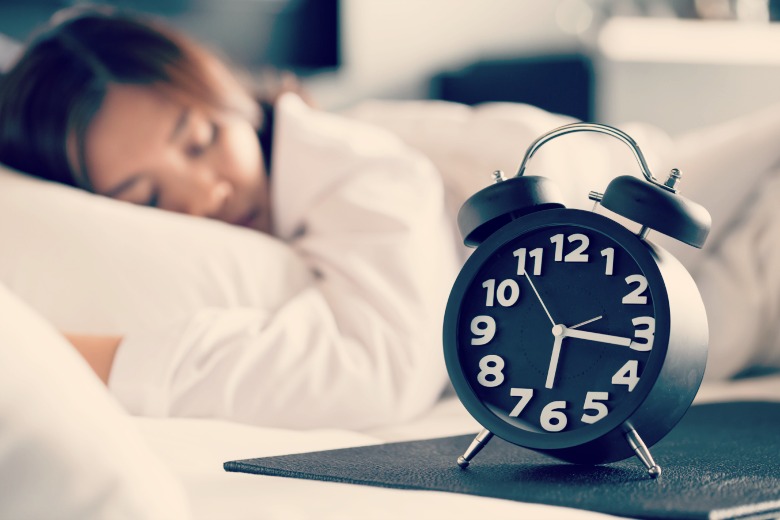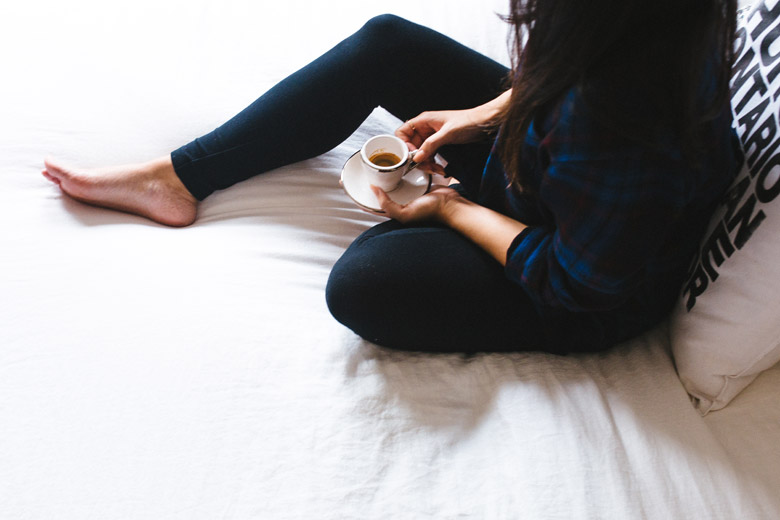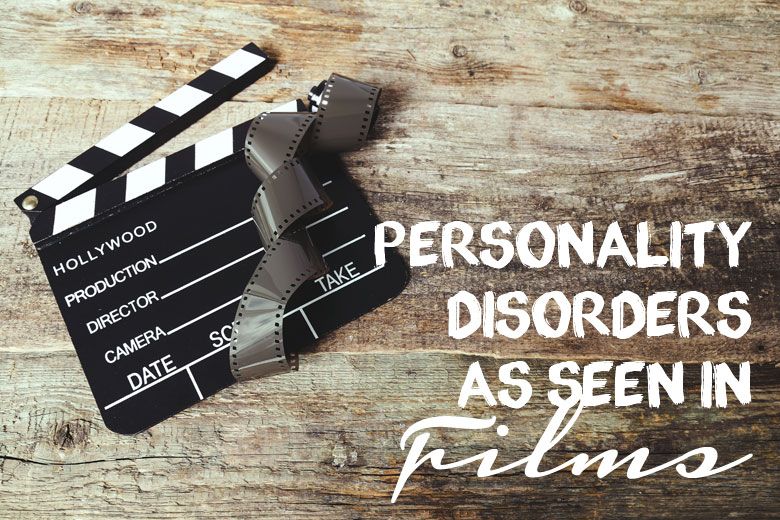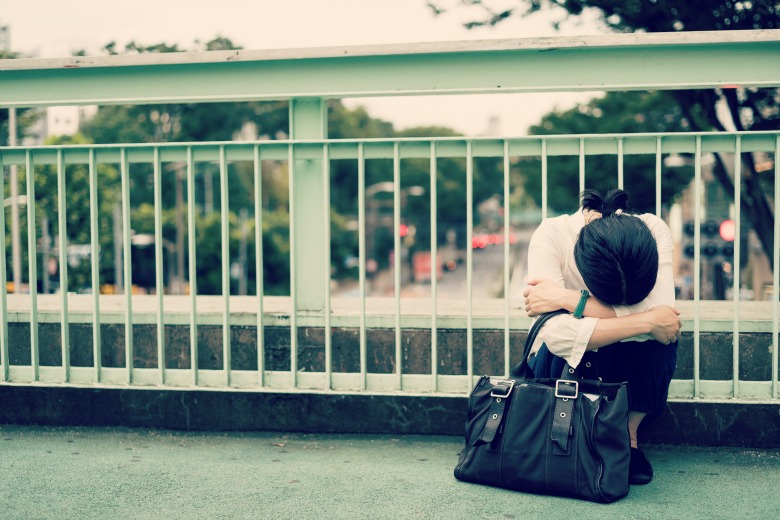A note from Tine: Welcome to another edition of Tim Talks! For those who are new to Beautyholics Anonymous, Tim Talks is a new series on the blog where my husband, Tim, will be sharing his knowledge to help raise mental health awareness. Tim is a psychiatrist who works in metro Melbourne. His area of interest is child, adolescent and youth psychiatry.
Sleep is something that is underrated and overrated at the same time. A lot of us don’t have enough sleep yet some of us think we don’t need that much. Today, Tim shares his thoughts on sleep hygiene (didn’t know there was such a thing!) and how you can improve on your sleep.
Enjoy!

© ComZeal
As I was contemplating this write-up, Tine was curious to know how sleep tied in with mental health. In my view, sleep is an underrated and essential component to maintaining good mental wellbeing. There’s always airtime and exposure about lifestyle modifications pertaining to diet and exercise, but sleep doesn’t get a lot of mention, even though we spend on average a third of our time in bed. I could only recall some mention of sleep and dreams within such movies as the Matrix, Inception as well as Insomnia. There is a correlation between poor sleep quality and exacerbation of mental illnesses such as depression, bipolar disorder and schizophrenia. On the same vein, changes in characteristics in sleep can be an indication of emerging depressive illness which I feel is important to recognize and manage assertively.
Remember when I raised the term sleep hygiene in the introduction piece to Tim Talks? Well, I will try to demystify what the principles are, and what are the things to avoid doing to promote better quality sleep.
Exercise works to facilitate better sleep
There is no doubt that physical activity and exercise generally improves the nature and quality of sleep, but the caveat here is the timing of exercise. Relaxing routines like yoga or stretches can still be done in the evening, but more strenuous or physically demanding exercises should be performed prior to the evening. If one exercises really late in the day, your brain stays focused and alert as it prepares the body in an optimal state for the physical strain required for the exercise. This makes winding down trickier. Another thing is, some might consume “pre-workout” drinks that, in most cases, contain significant amounts of caffeine. This may also contribute to increased alertness.
I need to sleep in…
Remember those weekends where you are thinking about sleeping in to ‘catch up’ on sleep? Although it sounds like a good idea, this is something to avoid. One reason being that your body clock, which is accustomed to your sleep structure and timing, will try to shift the time you wake to a later time when you start to sleep in. You will then find that Monday becomes a great struggle, as you are then forcing your brain to switch back to an earlier time of waking. If you remember how it was a struggle to get back to waking up for morning schooling hours after a stint of holiday break, this is very similar to what happens over the weekends if you sleep in. You can still sleep in abit, but the maximum allowance is an extra half hour from your normal sleeping duration.
Napping much?
You know when you were growing up and your grandparents would say ‘you’re tired, go take a nap first, then do your homework’? That actually makes some sense as children and adolescent requirement of sleep is much higher than when you are an adult. For adults, however, napping can trick your brain to thinking you have had ‘sufficient’ sleep in the day, and so initiation of nighttime sleep can be more difficult. So as a rule of thumb, avoid naps in the day; an alternative can be just finding a quiet space where you can have a five to ten minute duration to practice some deep breathing or relaxation exercise. That can energize you and get you through the afternoon working hours.
The bed is your sanctuary for sleep
Think of your bed as a protected space, much like your work space. Aside from hanky panky with your significant other, the bed is only designated for sleep. In addition to that, if you are tossing about and not really finding any joy getting to sleep, find a spot where you can just sit quietly, and once you feel more tired head back into bed. You are conditioning your body to recognize that the bed is where you drift off into dreamland.
What to avoid?
Anything that might activate your brain, you want to avoid these in the evening hours leading up to sleep. This includes green tea, as it also contains a significant amount of caffeine, so always look for decaffeinated teas if you need a hot drink before bed. Smoking, energy drinks, caffeinated sodas should be kept to a minimum a couple of hours before sleep. Winding down involves restricting use of TV, music, console gaming, social media, at least about an hour before you sleep.
Do I need to be concerned if my sleep patterns are very poor?
If you have stuck to a routine and tried the above measures but still struggle with your sleep, I would suggest seeking medical support to clarify what could be contributing to your sleep issues. In people suffering from depressive illness, they struggle especially with maintaining sleep, waking in early hours of the morning with very limited success returning to sleep thereafter. Their overall quality of sleep suffers, with their sleeps not being restful, which tends to also lower their mood and energy levels further.
In some cases of depression, that we term atypical depression, they can struggle with hypersomnia ie increased sleep. However, they still feel quite unrested despite the increased time of sleep. What is quite common in people who experience manic episodes is the reduced need for sleep, and the increased energy levels despite the drop in sleeping time. These sleep changes usually persist for more than a week.
I hope this has been a useful guide to establishing a better sleep pattern, and I will be delving into a write-up on dreams in the subsequent month. Until then, here’s to a restful sleep and good mental health.
Below are a couple of links that you might find helpful. The first link is an overview of sleep hygiene, and the second link provides a sleep diary that you can keep to track your sleep pattern over time.
http://www.cci.health.wa.gov.au/docs/Info-sleep%20hygiene.pdf
http://www.cci.health.wa.gov.au/docs/ACF1946.pdf













A very insightful post Tim! I have a terrible sleeping pattern. I sleep a lot and anywhere. Usually fall asleep on the couch after dinner and then I wake up before midnight, do stuff and go to bed and sleep after and get up for work at 5am! Weird.
Kat Ness recently posted..A Face For High Tea
Tim: Hi Kat, I hope some of the suggested measures would help with ‘fine-tuning’ your sleep pattern. If you feel sleepy during the early part of the evening, try to do some light physical activity to keep you alert, so that you can get a more restful sleep during the evening. Do keep me posted on how you go 🙂